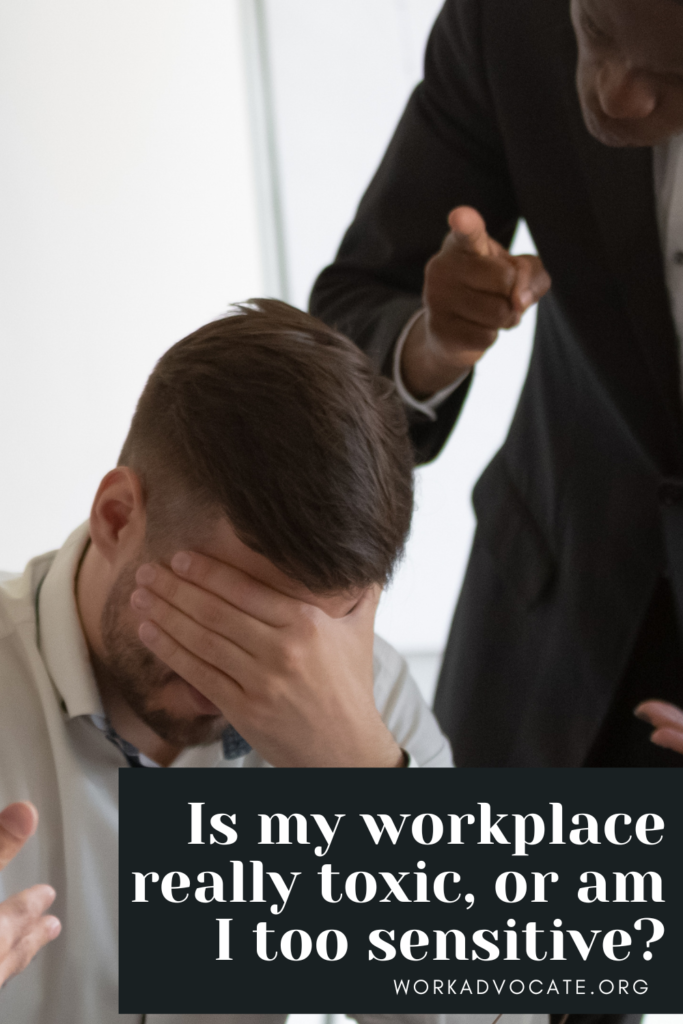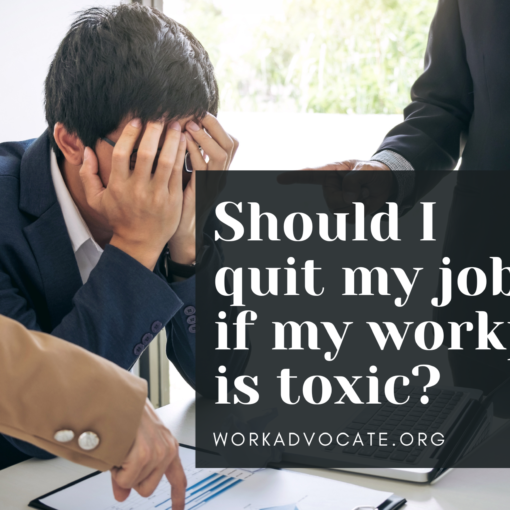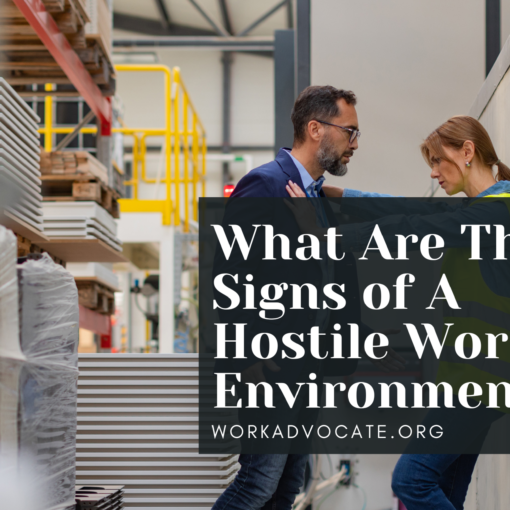
Is your workplace making you feel drained, stressed, and questioning your sanity?
You’re not alone. Millions of employees struggle with toxic work environments, often doubting their own perceptions.
So, how do you know if you’re in a genuinely toxic workplace or just overreacting? We share some clear signals to give you clarity about the toxicity of your workplace.
What Makes a Workplace Toxic?
A toxic workplace is characterized by a pervasive negative atmosphere that affects employee well-being and performance. Signs include:
- Constant criticism and negativity: Do your colleagues or supervisors regularly belittle your work or make you feel inadequate?
- Lack of support: Are you left to fend for yourself, without guidance or resources?
- High turnover: Do people frequently quit due to burnout or dissatisfaction?
- Gossip and rumors: Does negativity and backstabbing run rampant?
- Unreasonable demands: Are you expected to work excessive hours or take on unrealistic workloads?
- Lack of communication: Is there a lack of transparency and open communication from management?
- Discrimination and harassment: Are certain individuals or groups targeted with unfair treatment or offensive behavior?
If you’re experiencing several of these signs, it’s likely you’re not just being sensitive. Trust your gut and take steps to protect yourself.
The Dangers of Gaslighting:
Toxic workplaces often employ gaslighting tactics, making you doubt your own experiences and feelings. You might hear phrases like, “You’re overreacting,” “It’s not that bad,” or “You’re just too sensitive.” These manipulative comments can erode your confidence and make you question your sanity.
How to Trust Your Gut:
- Listen to your emotions: If you consistently feel anxious, stressed, or unhappy at work, it’s a red flag.
- Talk to trusted colleagues: If others share similar experiences, it can validate your concerns.
- Seek outside opinions: Talk to friends, family, or a therapist to gain an objective perspective.
- Document your experiences: Keep a journal of incidents, including dates, times, and details, to create a record of the toxic behavior.
Conclusion:
If you’ve determined your workplace is toxic, you have options. Consider talking to HR, seeking a transfer, or even looking for a new job. Remember, you deserve to work in an environment that respects and values you.
Don’t dismiss your feelings as oversensitivity. If your workplace is making you miserable, it’s time to take action. Trust your instincts, gather evidence, and seek support. You deserve to work in a healthy, positive environment that fosters your well-being and professional growth.
If you’re facing a difficult situation at work, don’t hesitate to seek help.
ACTION: For a step-by-step plan to protect your rights, document and navigate a hostile work environment, download our guide, The Hostile Workplace Defender .




